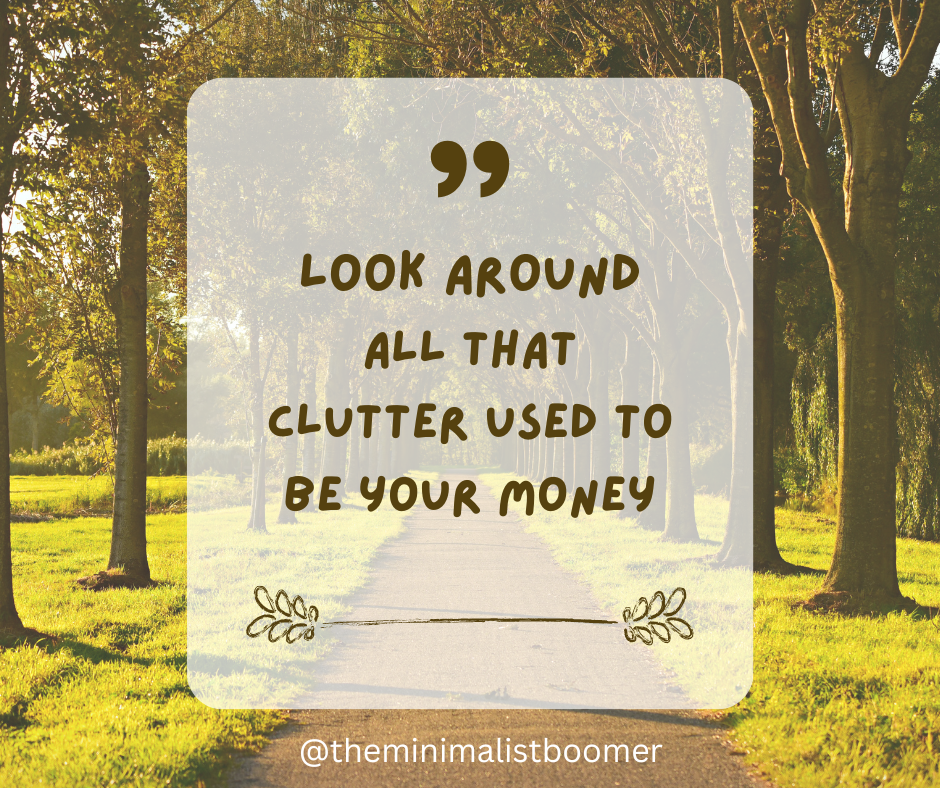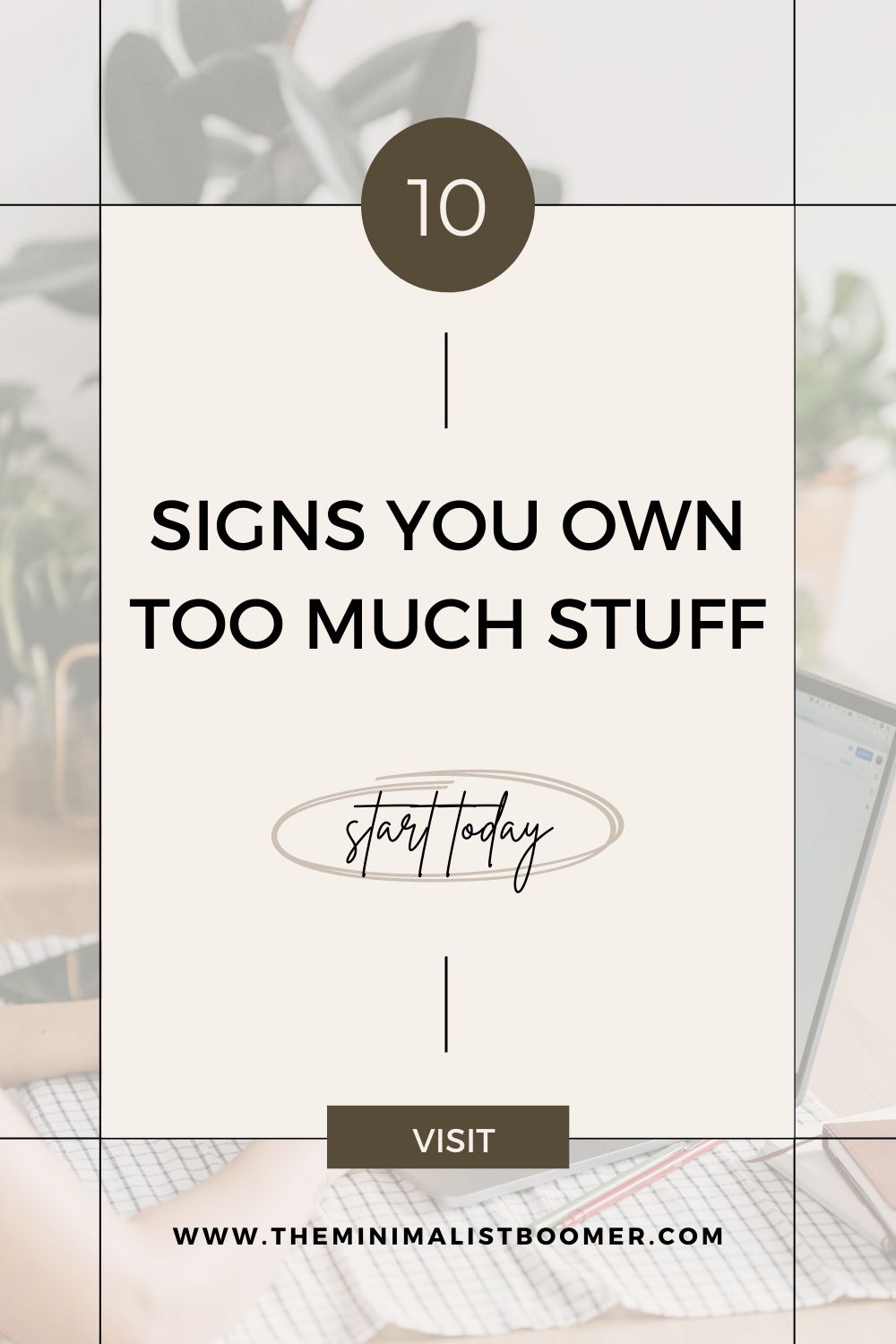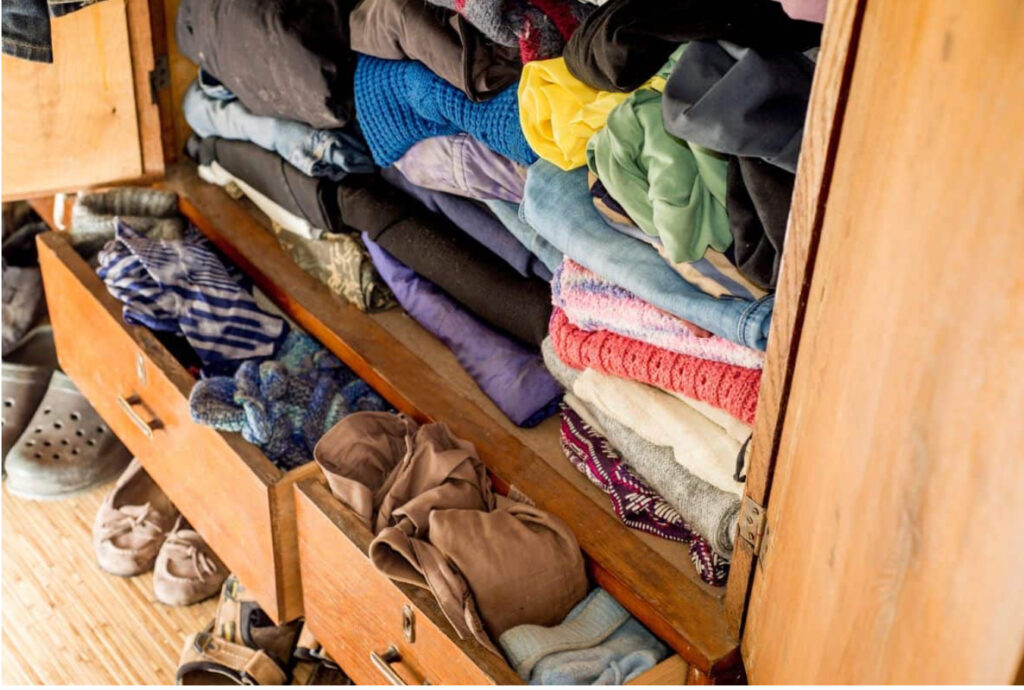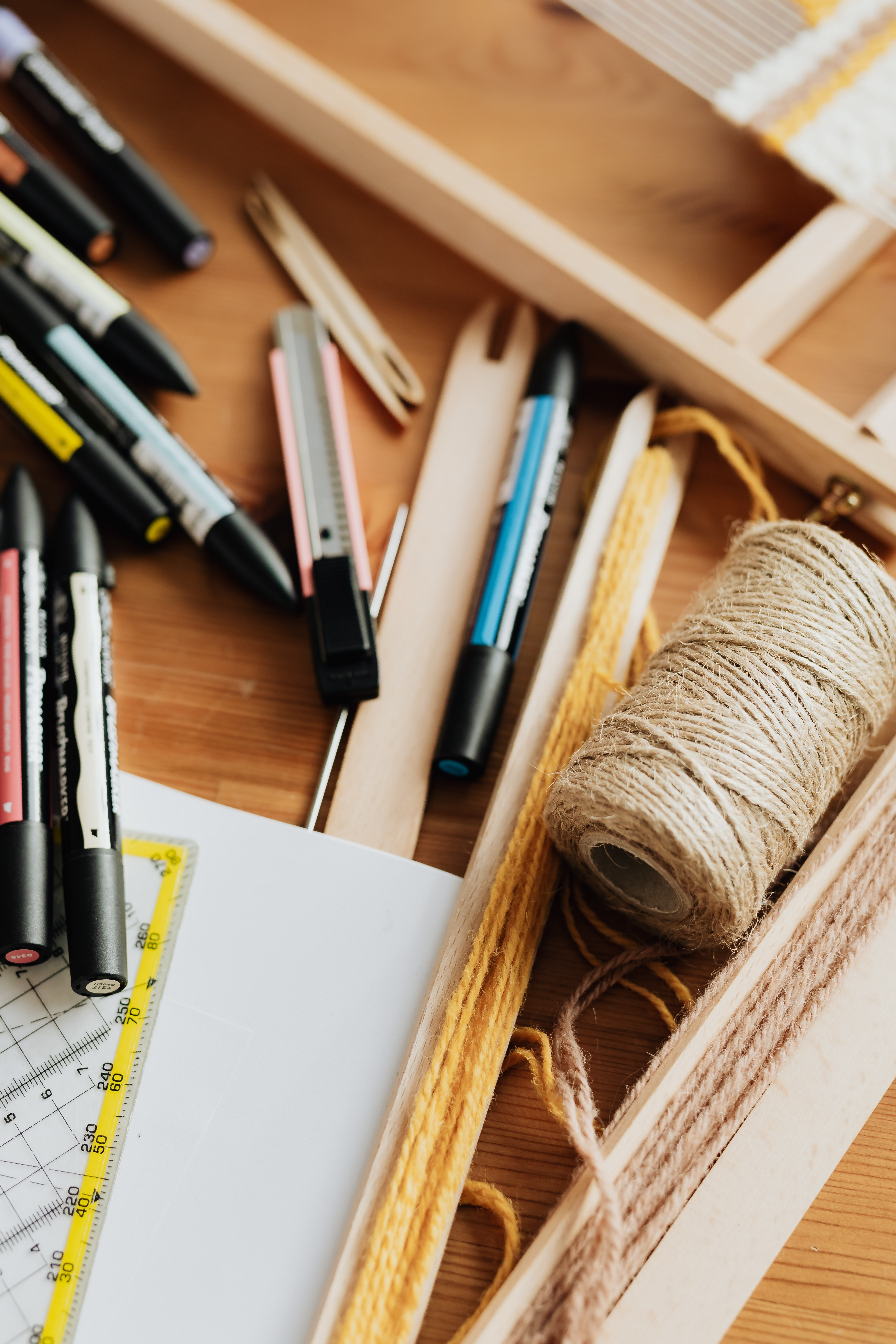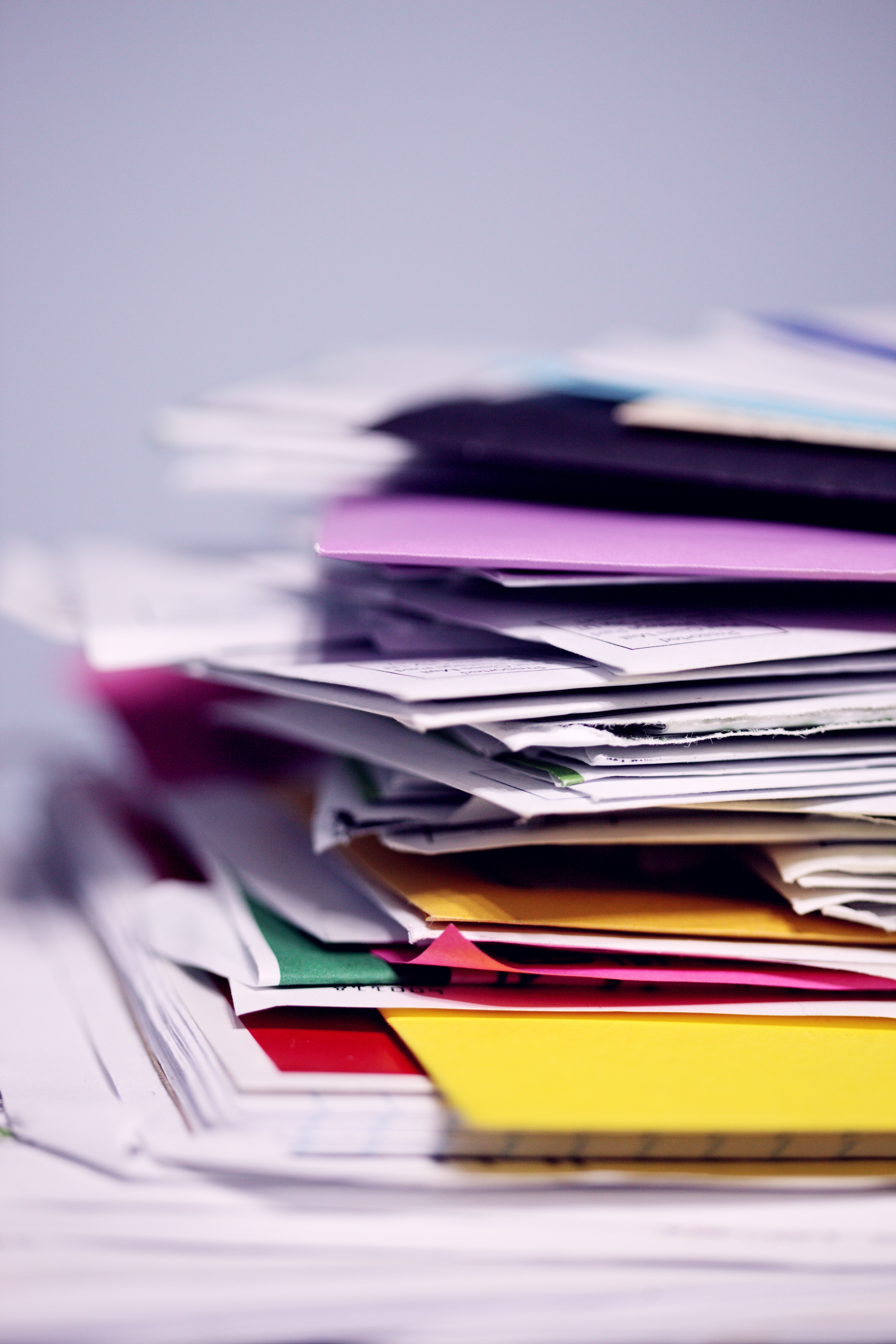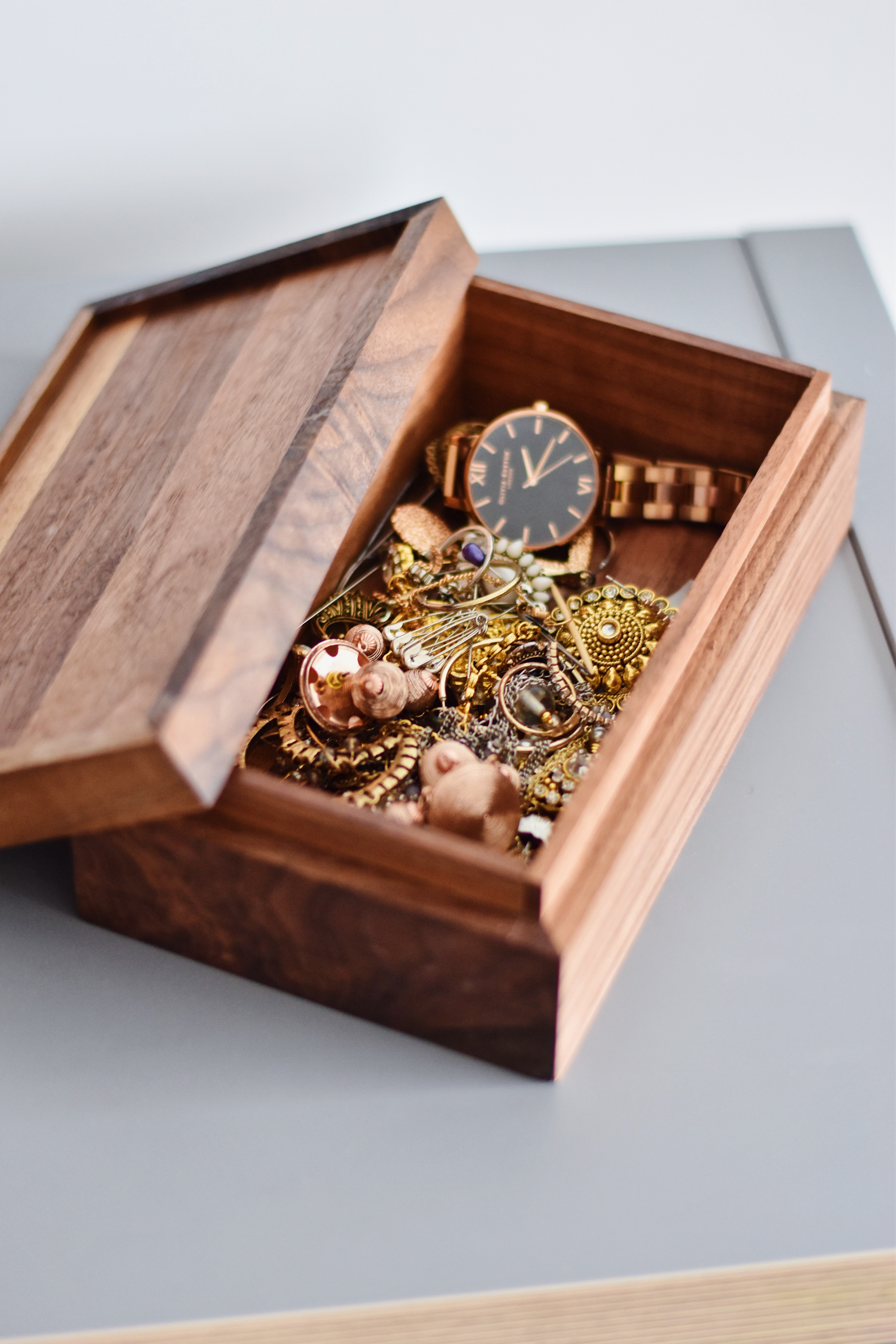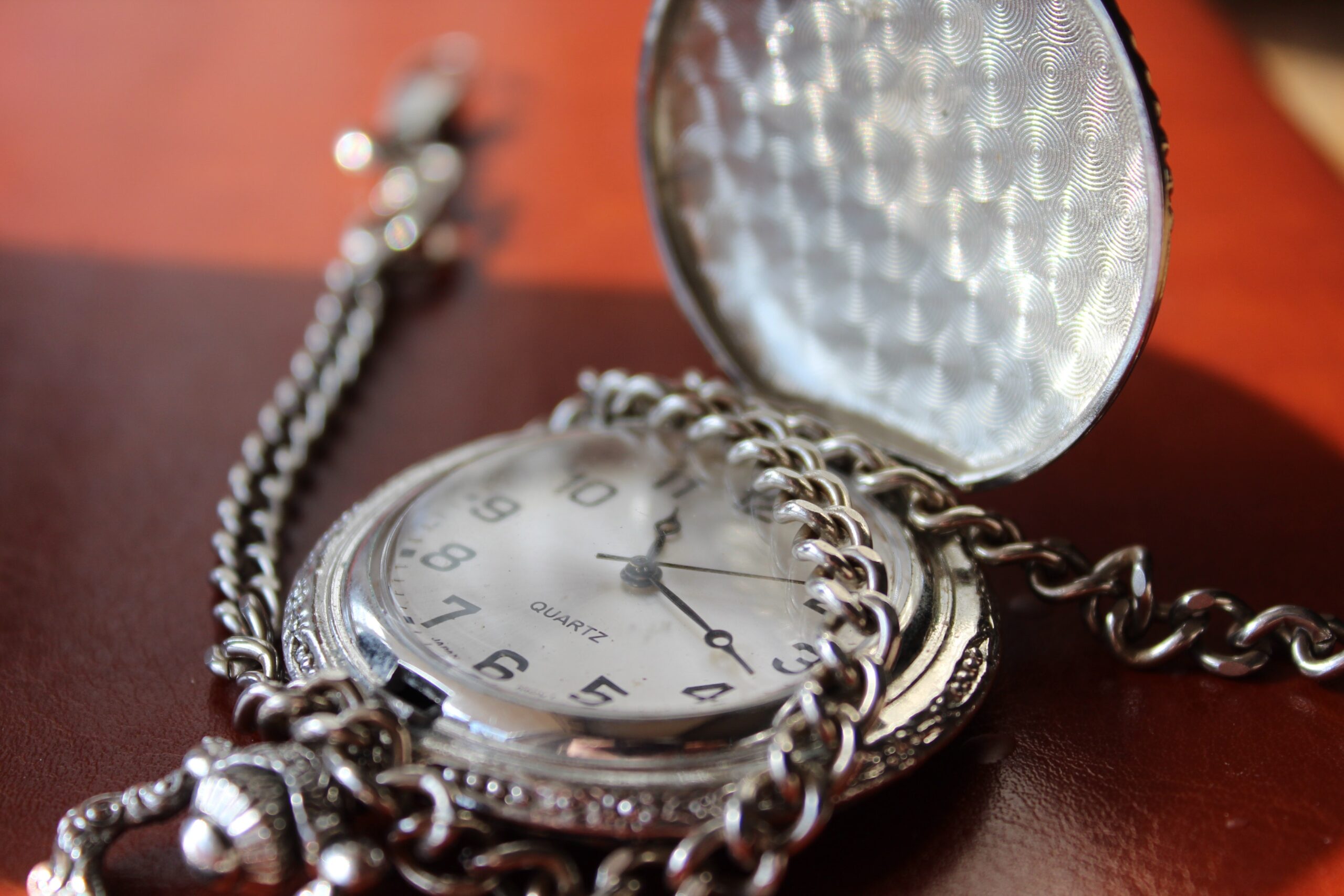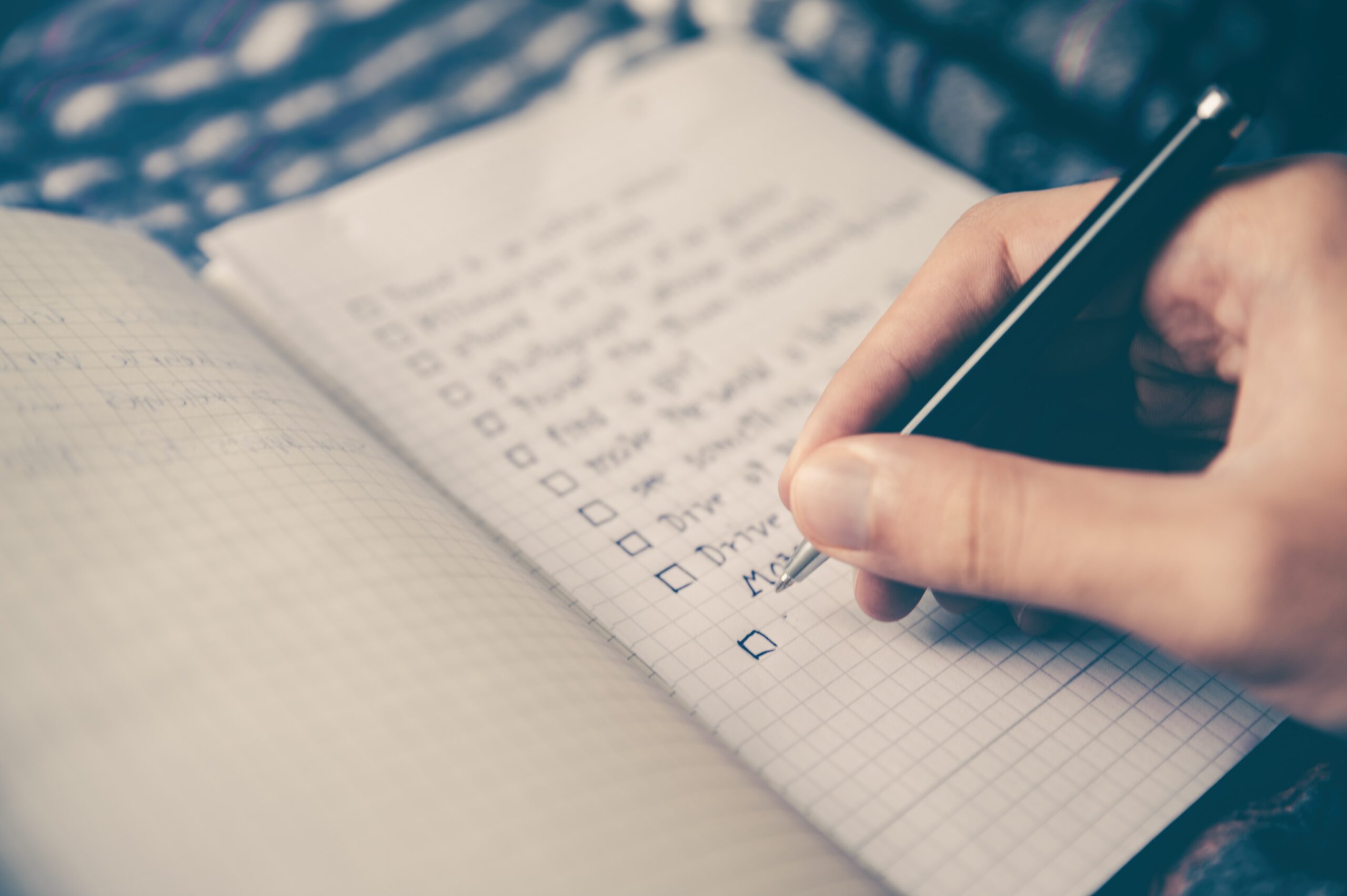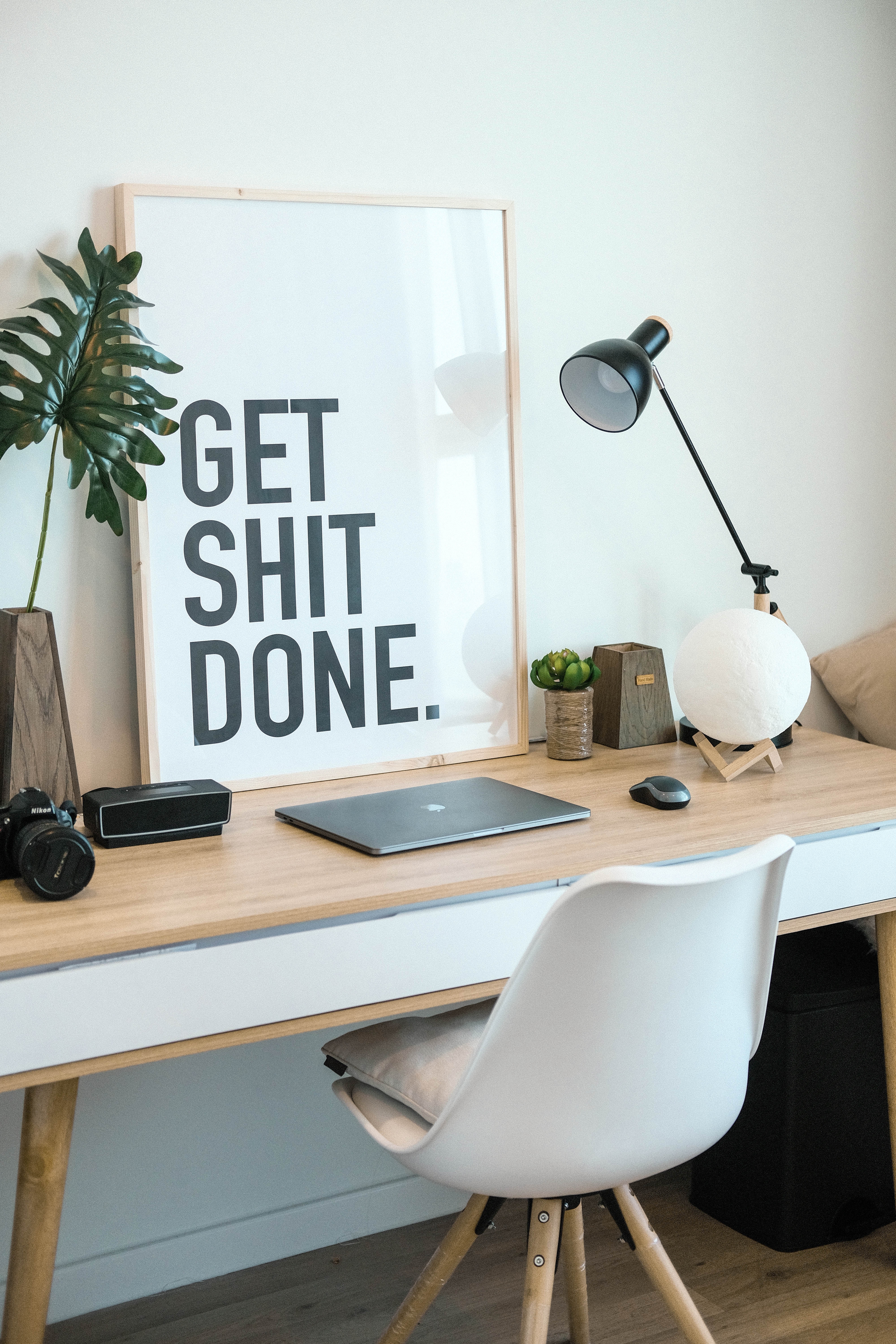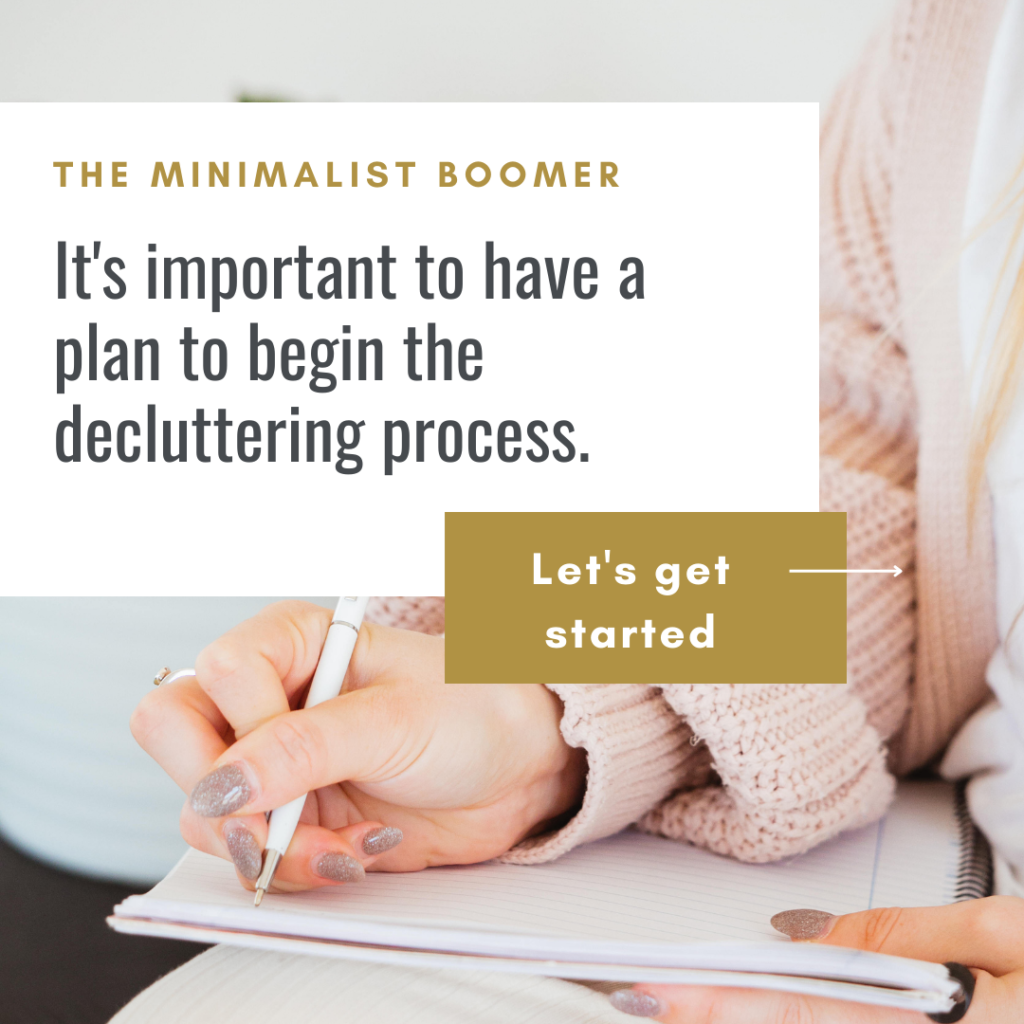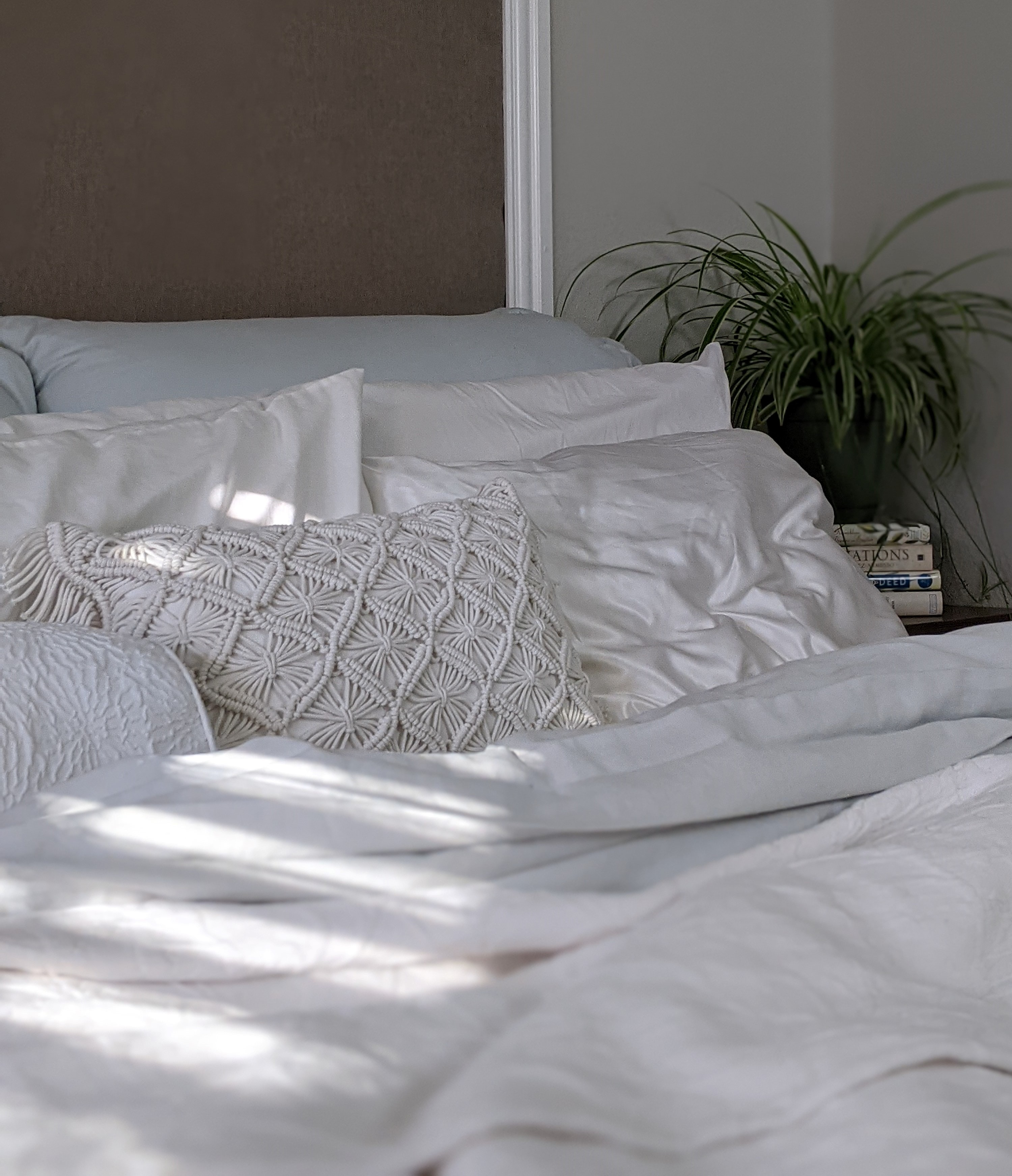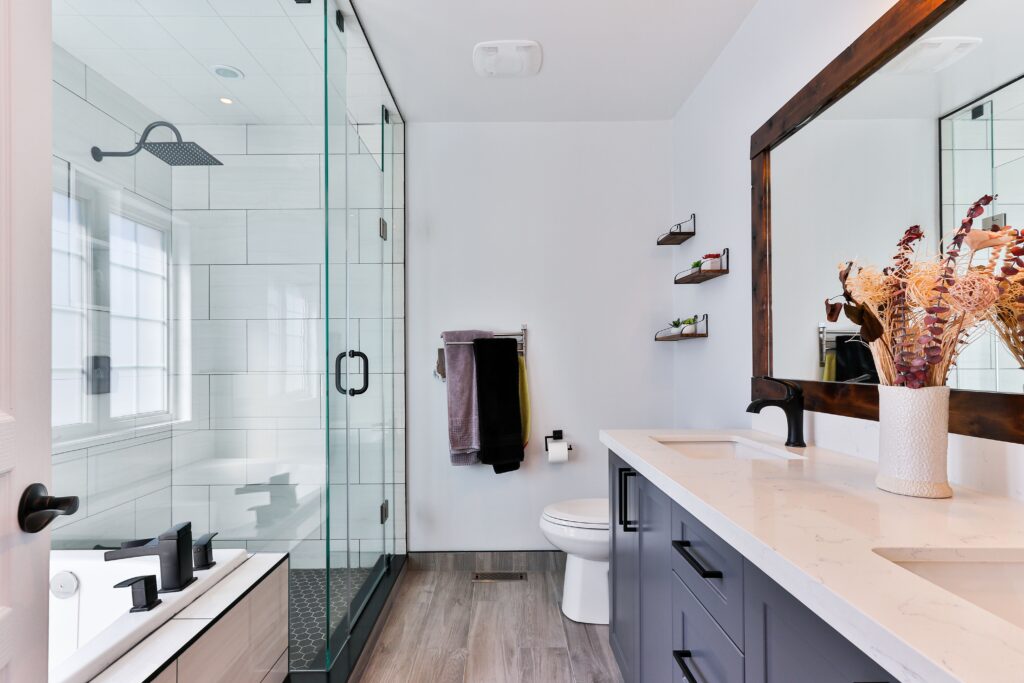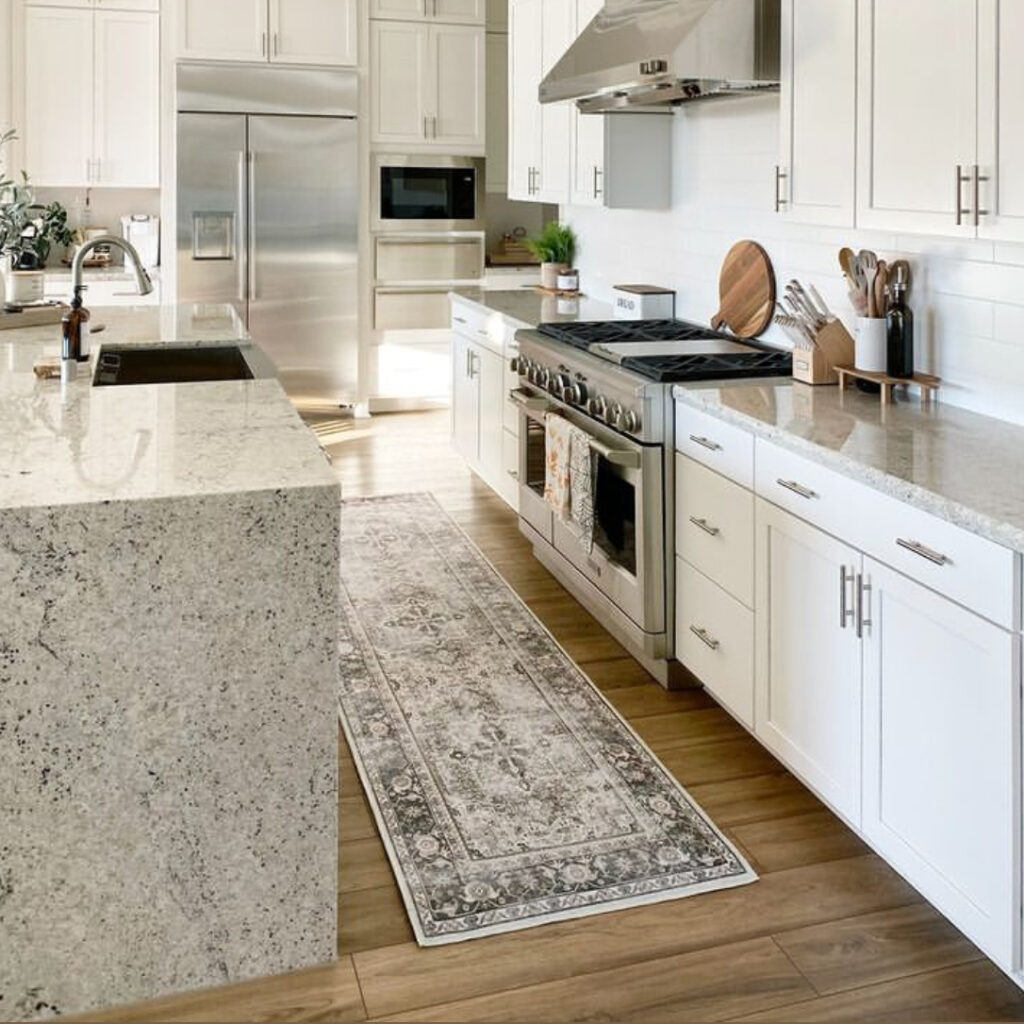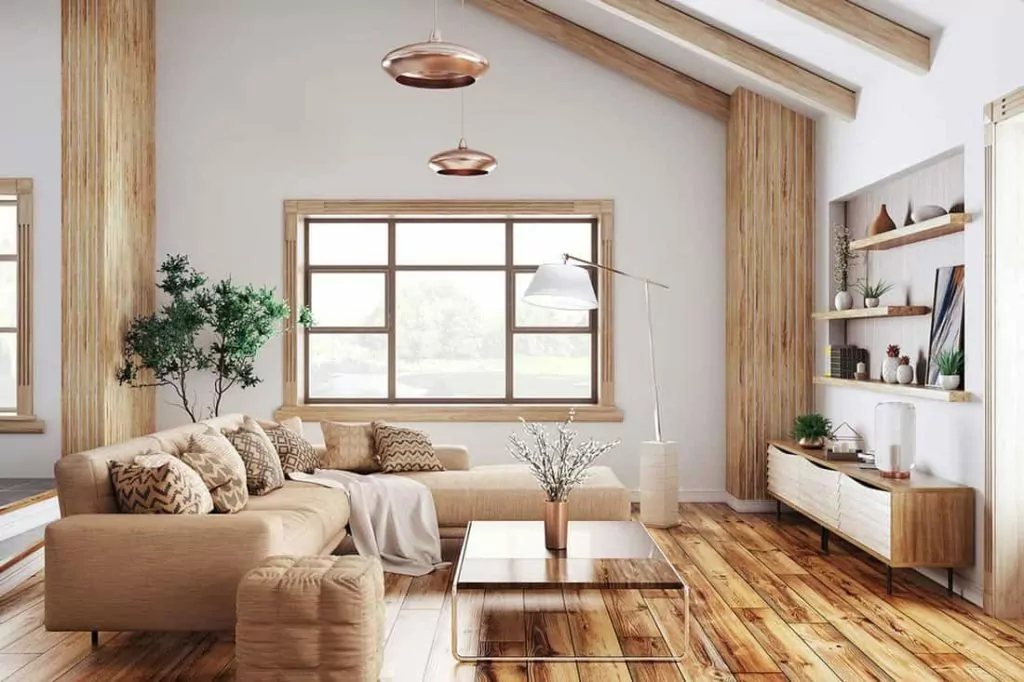Here are a few more tips
Since beginning this blog last month, a couple of people have asked me if I’m a pack-rat or big collector of things. The simple answer to that is NO. I’ve always been a bit of a neat-freak, pretty well organized, and have never considered myself a collector of anything in particular. I did realize though, with this last move to Arizona, that we just had too much stuff and it was dragging us down.
So, if you’re tired of living with too much stuff and feeling like you’ve tried every decluttering trick in the book, let’s take a look at some unique and effective ways to declutter even when it seems like nothing else works.
From clever storage solutions to mindset shifts, these tips will help you finally conquer the clutter and enjoy a more organized and stress-free space.
Purge Your Closet
Are you tired of feeling overwhelmed by your closet? Do you struggle to find clothing that doesn’t’ make you feel good? If you’re ready to take control of your wardrobe, it’s time to purge your closet. By getting rid of clothes you no longer wear, you’ll free up space and make room for the pieces you truly love. Follow these simple steps to declutter your wardrobe today!
“Cleaning and organizing is a practice, not a project.” – Meagan Francis
Sorting Through Your Wardrobe
Before you can start purging your closet, you’ll need to sort through everything you own. Create three piles: keep, donate, and toss. As you go through each item, ask yourself whether you’ve worn it in the past year. If the answer is no, it’s time to say goodbye.
When sorting, be honest with yourself about what you really wear. Don’t hold onto items that no longer fit or that you’ve been saving for a special occasion. If you haven’t worn it yet, you probably won’t wear it in the future.
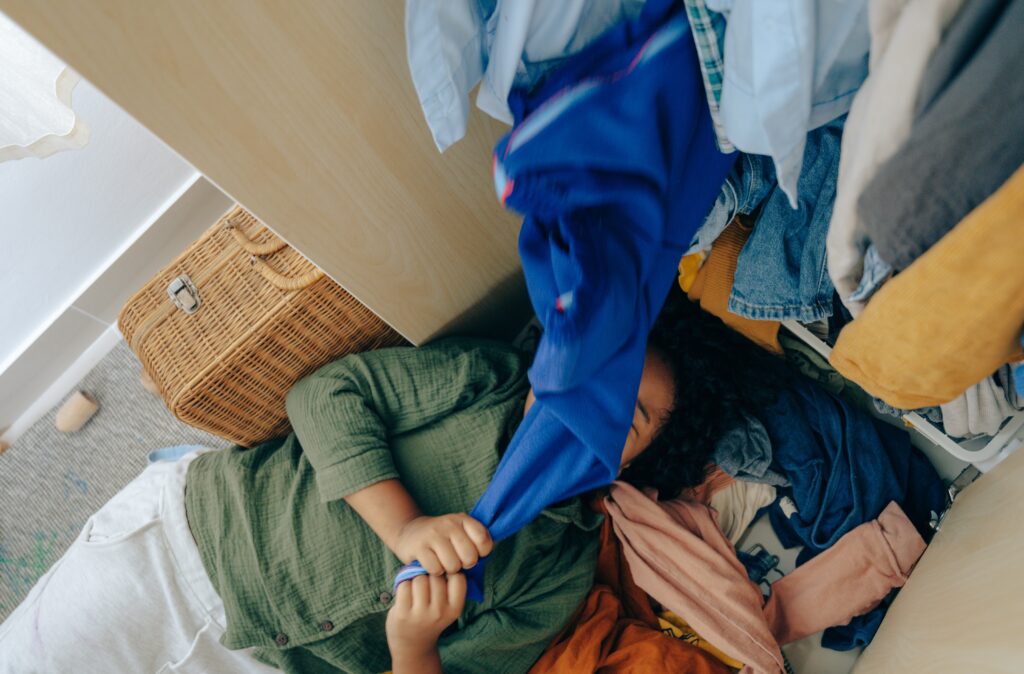
Say Goodbye to Clothes You Haven’t Worn
Once you’ve sorted through your wardrobe, it’s time to say goodbye to the clothes you no longer need. Donate items that are still in good condition to a local charity or thrift store. Toss anything that is stained, ripped, or damaged beyond repair.
Keep in mind that getting rid of clothes can be emotional. If you’re struggling to let go of a particular item, consider taking a photo of it or repurposing it in a new way. For example, you could turn an old t-shirt into a cleaning rag or use a favorite scarf as a table runner.
Organize Your Wardrobe
Once you’ve purged your closet, it’s time to organize what’s left. Invest in high-quality hangers and storage solutions to keep your clothing in good condition. Consider organizing your wardrobe by color or type of garment. This will make it easier to find what you need when you’re getting dressed in the morning.
By purging your closet and organizing what’s left, you’ll create a wardrobe that makes you feel confident and comfortable. So go ahead, take the plunge and start decluttering today!
“Clutter is not just the stuff on your floor – it’s anything that stands between you and the life you want to be living.” – Peter Walsh
Clear Out Your Kitchen Clutter
Is your kitchen always cluttered? Do you struggle to find what you need when you need it?
Follow these simple steps to clear out the clutter in your kitchen and make it a more organized and efficient space:
Tackle Your Pantry
Start by emptying out your pantry and getting rid of any expired items. Next, group similar items together and invest in some clear storage containers to make things easier to find. Use labeled bins for snacks, baking supplies, and breakfast foods. This will make your pantry more visually appealing and help you find what you need quickly.
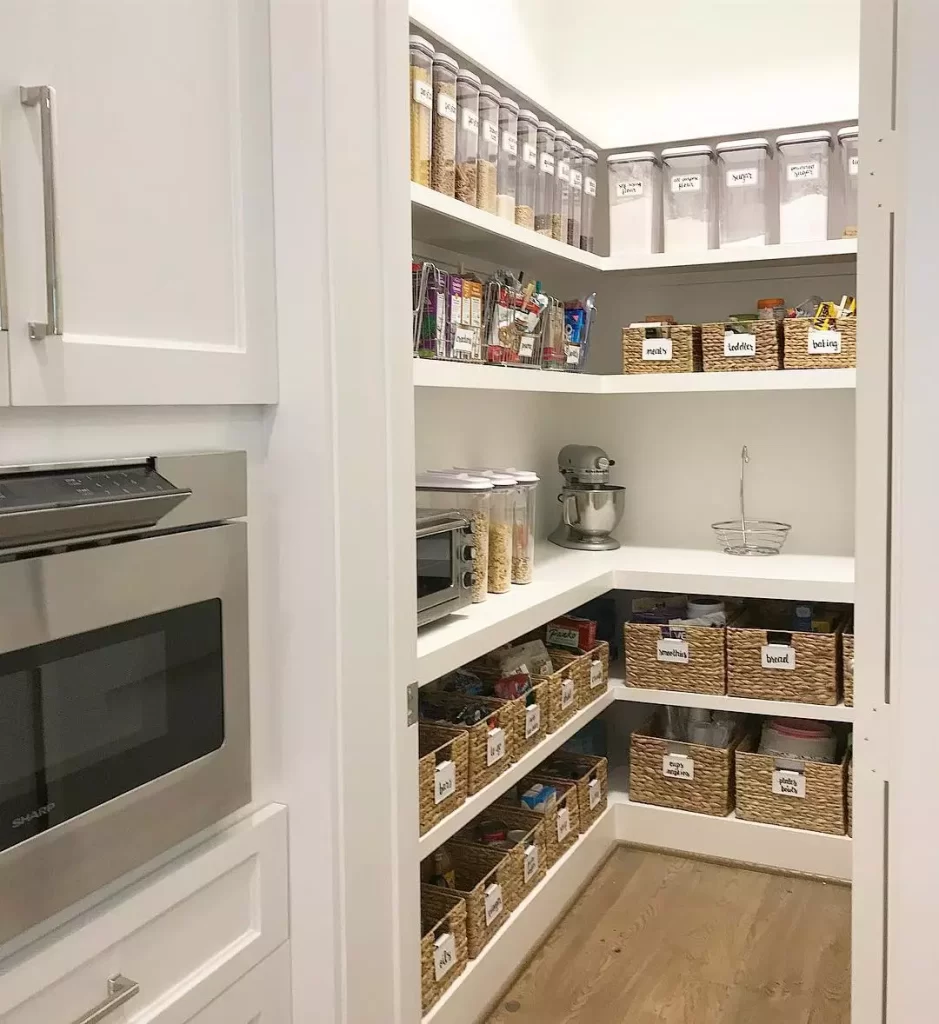
Organize Your Refrigerator
Clear out your fridge and give it a good cleaning. Take stock of what you have and group similar items together. Invest in some clear containers for things like produce and condiments. Use a Lazy Susan to make things like sauces and dressings easier to find. By organizing your fridge, you’ll be able to see what you have, prevent waste, and save money on groceries.
Say Goodbye to Your Unused Appliances
Take a look at your kitchen appliances and determine which ones you use regularly and which ones are just taking up space. If you haven’t used an appliance in the past 6 months, it’s time to say goodbye. Donate your unused appliances to free up space in your kitchen and reduce clutter.
Clear Your Counter Tops
Clearing your kitchen counter tops is an essential step for a cleaner and more organized kitchen. To clear your counter tops, remove any unnecessary items, such as appliances or utensils that you do not use on a regular basis. Find a designated spot for each of the frequently used items, like your coffee maker or blender. By clearing your kitchen counter tops, you can create a space that is not only visually appealing, but also easier to use when preparing meals or entertaining guests.
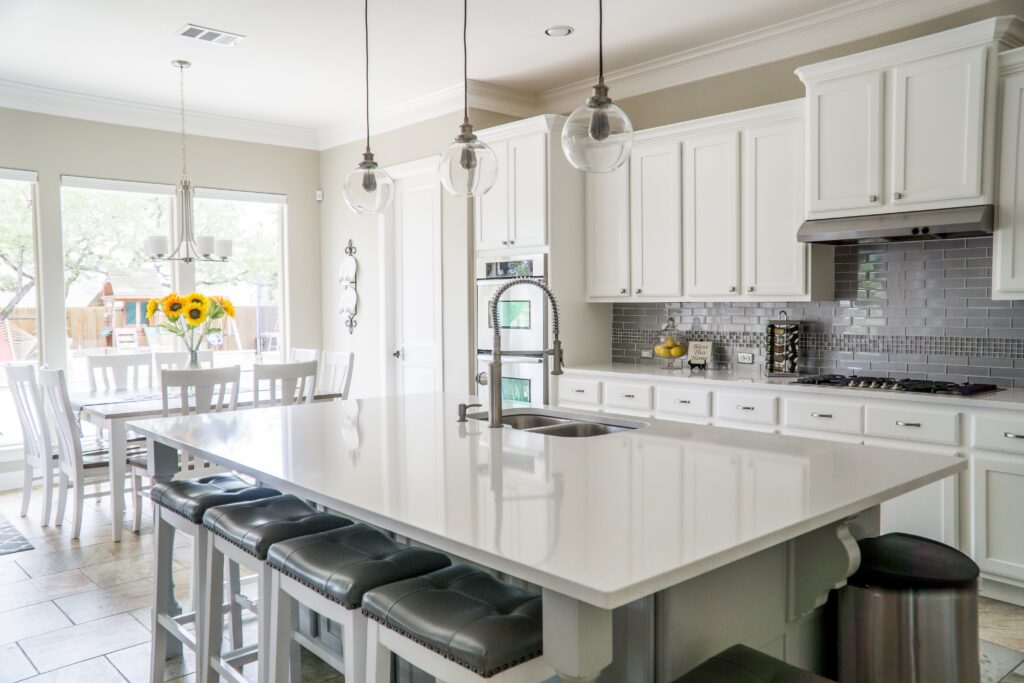
Declutter Your Living Spaces
Are you tired of looking at cluttered living spaces? Do you feel like you’ve tried everything to get rid of the mess but nothing seems to work? It’s time to simplify your life by decluttering your living spaces. Here are three ways to get started:
Simplify Your Home Decor
One of the easiest ways to declutter your living space is by simplifying your decor. Start by removing any unnecessary items such as knick-knacks or excessive throw pillows. Stick to a neutral color palette and incorporate a few statement pieces that you really love. This will create a clean and organized look while still allowing your personality to shine through.
Ditch the Duplicates
It’s easy to accumulate duplicates of items without even realizing it. Take a look at your living space and identify any duplicates such as coffee mugs or throw blankets. Keep your favorites and consider donating the rest. This will not only declutter your space but also help those in need.
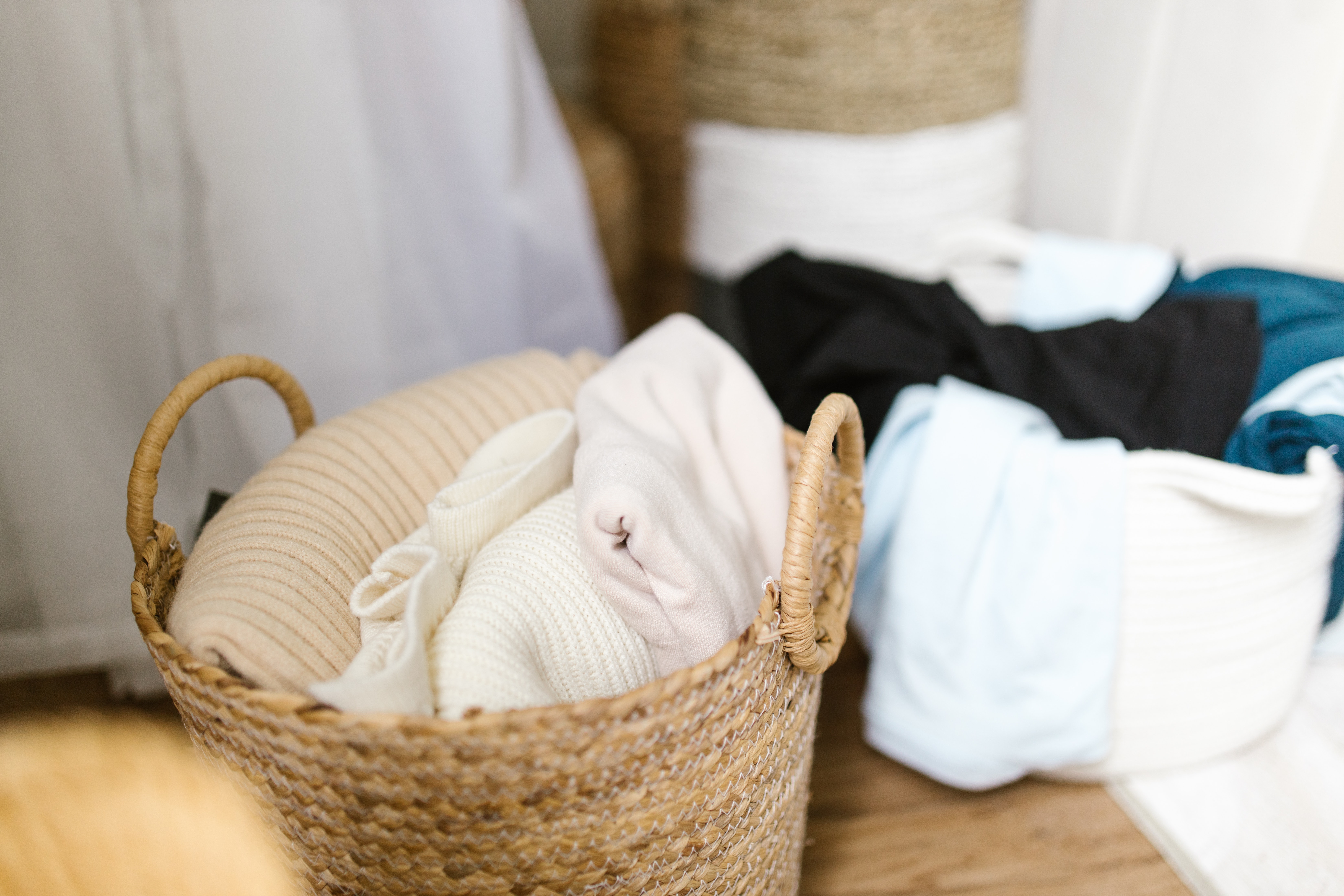
Create a System for Storing Your Belongings
Having a system for storing your belongings can make a huge difference in keeping your living space clutter-free. Start by categorizing your items and finding designated places for them. Utilize storage solutions such as baskets or shelving units to keep everything in its place. Make sure to regularly reassess your system and adjust as needed.
“Decluttering is infinitely easier when you think of it as deciding what to keep, rather than deciding what to throw away.” – Francine Jay
By simplifying your decor, ditching the duplicates, and creating a system for your belongings, you can declutter your living spaces and simplify your life. Start small and remember that every little bit counts!
Decluttering is a daunting task, especially when you feel like you’ve tried everything else. But fear not, there are still plenty of ways to banish the clutter and create a clean and organized space.
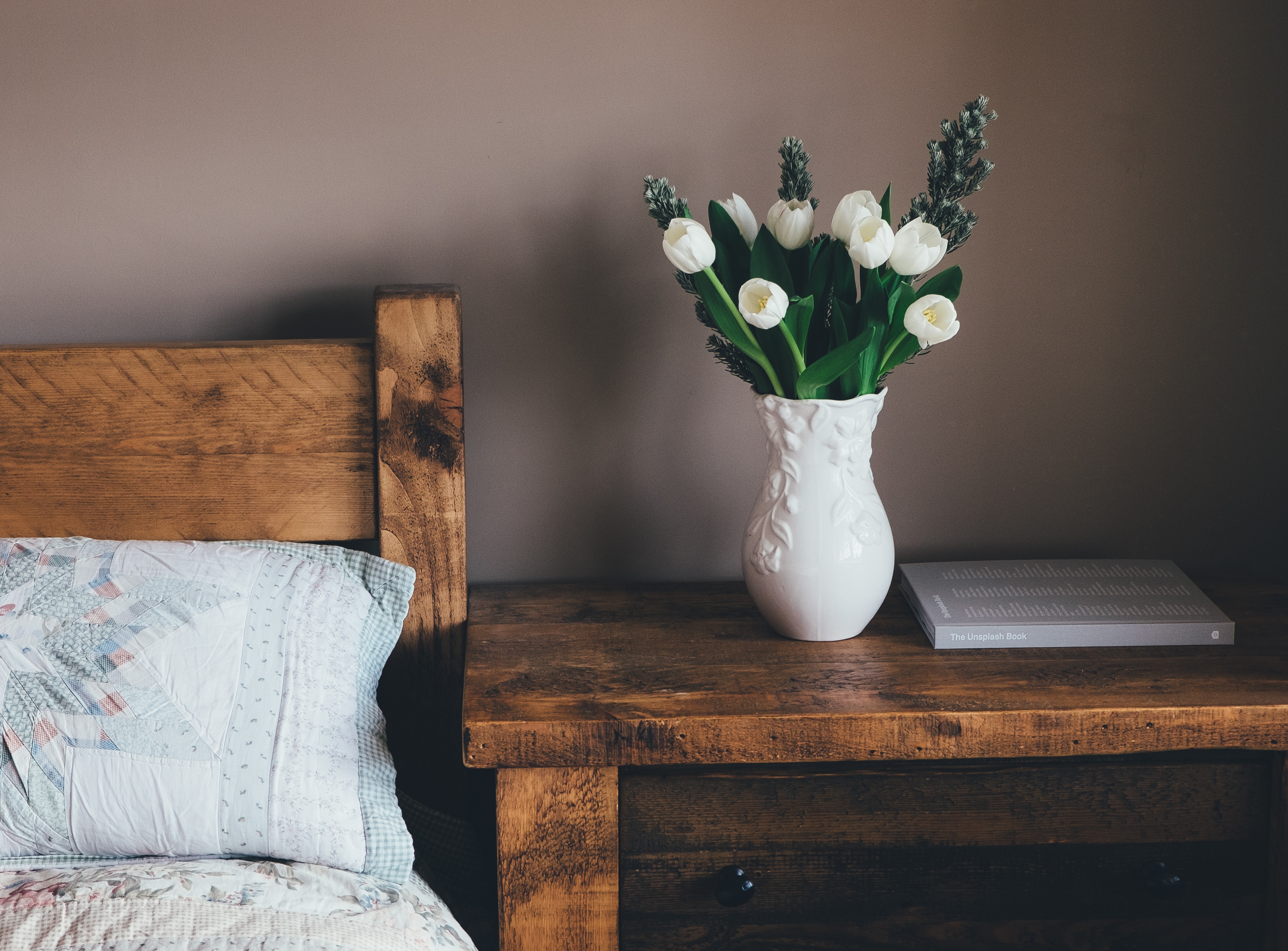
Remember to start small and work your way up. Don’t overwhelm yourself by trying to tackle everything at once. Instead, focus on one area or room at a time and go from there.
Whenever you bring something new into your home, get rid of something else to keep the clutter from piling up. Try implementing a “one in, one out” rule, or better yet, “one in, two out”.
Don’t be afraid to get creative with your storage solutions. Utilize under-bed boxes, hanging organizers, and even the backs of doors to maximize your space and keep things tidy.
With these tips and tricks, you’ll be well on your way to a clutter-free life in no time.

